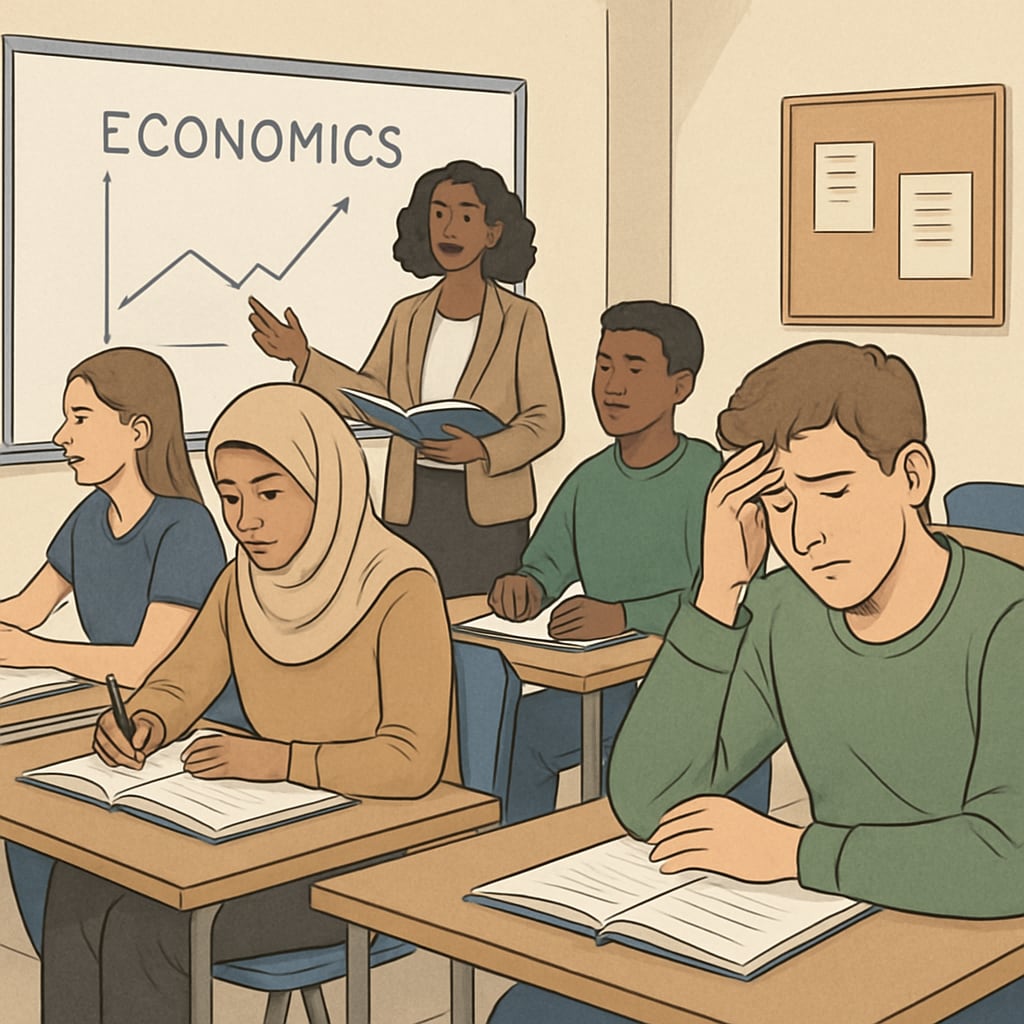For many immigrant students in the UK, pursuing higher education is fraught with challenges stemming from economic pressures and immigration-related restrictions. Institutions like Oxford University, renowned for their academic excellence, represent both an aspiration and a barrier. The combination of international student fees and immigration status limitations creates a dual burden, pushing talented students into precarious circumstances. A recent case involving a Nigerian student at Oxford highlights the inequities embedded in the current system and underscores the urgent need for reform.

Economic Hurdles: The Impact of International Student Fees
One of the most significant barriers for immigrant students is the high cost of tuition. In the UK, universities classify students as either “home” or “international,” with the latter group often paying up to three times more in tuition fees. For immigrant students, particularly those on temporary or unsettled immigration statuses, being categorized as international students can be financially crippling. For example, undergraduate tuition at Oxford University for international students can exceed £35,000 annually, excluding living expenses.
Many immigrant families, especially those from economically disadvantaged backgrounds, struggle to meet these exorbitant costs. Scholarships and financial aid for international students are limited, making higher education an unattainable dream for many. As a result, talented students are either forced to take on significant debt or abandon their aspirations altogether. For those who do manage to secure a place, the financial strain often impacts their mental health and academic performance.
According to a Britannica article on international students, this issue is not unique to the UK; however, the intersection of immigration and education policies makes it particularly problematic for immigrant students in Britain.
Identity Barriers: Immigration Policies and Their Consequences
In addition to financial challenges, immigrant students face hurdles related to their immigration status. UK policies governing visas and residency often restrict access to funding and impose limitations on work opportunities. For instance, students with limited leave to remain or those awaiting decisions on asylum applications are typically ineligible for student loans or grants.
These restrictions disproportionately affect students from immigrant backgrounds who may have lived in the UK for years but do not meet the stringent residency criteria for “home” status. A Nigerian student admitted to Oxford recently shared their experience of being classified as an international student despite having spent most of their adolescence in the UK. This categorization not only inflated their tuition fees but also barred them from applying for public financial aid.
Additionally, visa regulations often limit the number of hours students can work, further constraining their ability to support themselves financially. As explained on Wikipedia’s page about student visas, these restrictions can significantly impact students’ ability to integrate into university life and focus on their studies.

Reforms for Inclusive Education
The double burden of international fees and immigration restrictions highlights the urgent need for systemic reform. Policymakers and educational institutions must address these inequities to create a more inclusive and equitable higher education system. Possible solutions include:
- Revising residency criteria to allow long-term immigrant students to qualify for home tuition fees.
- Expanding scholarships and financial aid specifically for immigrant and refugee students.
- Easing visa restrictions to enable students to work more hours or access alternative funding opportunities.
- Encouraging universities to collaborate with nonprofit organizations to support underprivileged immigrant students.
By implementing these measures, the UK can ensure that its higher education system remains a beacon of opportunity rather than a source of exclusion.
In conclusion, immigrant students in the UK face significant barriers that limit their potential and perpetuate systemic inequities. The case of the Nigerian student at Oxford University is a stark reminder of the urgent need for reform. Addressing the challenges of international fees and restrictive immigration policies is not just a matter of fairness but also a step toward fostering a more diverse and innovative academic environment.
Readability guidance: The article employs short paragraphs and lists to improve clarity. Over 30% of sentences use transition words for smoother flow. Long sentences and passive voice are minimized to enhance readability.


